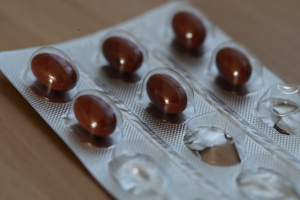
Yes, of course, the capsule must contain 100 mg of Coenzyme Q10 if that is what the label says. However, the absorption of Coenzyme Q10 is complex. The CoQ10 potency test results do not take important factors into consideration: Dissolving the CoQ10 Crystals – Dividing the CoQ10 Daily Dosage – Deciding on the Form (ubiquinone or ubiquinol) and Formulation
A US supplements manufacturer reports that its testing shows some of the CoQ10 supplements sold on amazon.com do not contain the quantity of Coenzyme Q10 indicated on the product label [Schultz, 2020, May 14].
The testing shows that seven of the ten tested products had less than 80% potency. These seven named products are not products from major sellers of CoQ10 supplements in the USA.
The other three tested products tested are labeled “X Brand” in the test report. These three products are said to contain 93%, 96.5%, and 86% of the declared active ingredient [NOW® Testing].
Not naming these three products seems an unfair practice because all CoQ10 products fall under suspicion when three faulty products – perhaps all from the same manufacturer – are not named.
What is Missing from the CoQ10 Potency Testing Results?
There are important considerations missing from the CoQ10 potency test report. The extent of absorption of the Coenzyme Q10 in supplements varies very considerably from product to product.
How the CoQ10 product is manufactured is decisive [Lopez-Lluch 2019]. The choice of carrier oils, the heating and cooling process, the excipients, all of these things make the difference between a potent CoQ10 supplement and a CoQ10 supplement that is a waste of money.
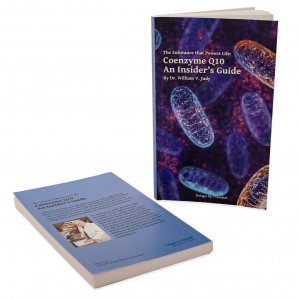
On pages 46-67 of his book The Insider’s Guide to Coenzyme Q10, Dr. William Judy discusses CoQ10 absorption and bioavailability. The book is available from amazon.com. ISBN: 978-87-7776-186-7
Dissolving the CoQ10 Crystals
- The CoQ10 raw material is a crystalline powder. The human body cannot absorb CoQ10 crystals. The CoQ10 supplement manufacturer must dissociate the CoQ10 crystals to single molecules and keep them dispersed at body temperature, which is 10 degrees Celsius lower than the melting point of the CoQ10 crystals [Judy 2018].
- The CoQ10 molecules themselves are relatively large fat-soluble molecules. They are too large to be absorbed directly from the small intestines into the blood. As fat-soluble molecules, they need lipid carrier molecules to assist their passage through the watery environment of the small intestines to the intestinal absorption cells [Judy 2018].
- How the CoQ10 supplement manufacturer processes the Coenzyme Q10 raw material – the oil matrix used with the Coenzyme Q10, the heating and cooling process used to dissolve the CoQ10 crystals and to encapsulate the CoQ10 mix – will determine whether the ingested Coenzyme Q10 will enter the intestinal absorption cells and pass into the lymph, and from the lymph into the blood circulation.
The NOW testers do not mention anything about the formulation of the products they have tested. It is plausible that a well formulated CoQ10 supplement in a capsule containing only 186 mg of the declared 200 mg will give a better absorption than a poorly formulated CoQ10 supplement in a capsule containing the full 200 milligrams.
Divided Dosages Give Better Absorption
In most cases, 200 milligrams of Coenzyme Q10 will give a larger increase in CoQ10 serum levels than 100 milligrams of a similar formulation will. Divided dosages (2 x 100 mg) of Coenzyme Q10 will give a larger increase in serum levels of Coenzyme Q10 than a single dose of 200 milligrams with the same formulation will give [Singh 2005]. It is puzzling that several of the CoQ10 products tested contained 200 and 400 mg in a single capsule.
Ubiquinone or Ubiquinol? Absorption Depends Mostly Upon Formulation
On the Web, ubiquinol is frequented touted as the better absorbed form of Coenzyme Q10. The evidence for this marketing claim is sparse and is based on misleading comparisons of ubiquinone and ubiquinol in dissimilar studies [Passwater 2019].
In a double-blind crossover study, researchers compared the bioavailability of various formulations of CoQ10 supplements in the form of ubiquinone with a standard ubiquinol supplement. The best formulated ubiquinone CoQ10 supplement gave a significantly better absorption and bioavailability than the ubiquinol supplement did. The ubiquinol supplement gave a better bioavailability than less carefully formulated ubiquinone CoQ10 supplements did [Lopez-Lluch 2019].
Bottle Line: CoQ10 Supplements are NOT Equally Well Absorbed
CoQ10 supplements vary so much in their absorption and bioavailability that it is important to choose a CoQ10 product that has documented absorption and efficacy.
The formulation of the CoQ10 supplement is what is most important. Absorption and bioavailability depend upon the solubilization of the CoQ10 crystalline raw material and the dispersion of the CoQ10 molecules in the carrier oils [Lopez-Lluch 2019].
A CoQ10 supplement in the right formulation and dosage can give significant heart health benefits:
- Three times 100 mg daily for two years has significantly improved the symptoms and quality of life and survival of chronic heart failure patients with an average age of 63 years [Mortensen 2014].
- Two times 100 mg daily for four years together with 200 micrograms of selenium has significantly improved heart function and significantly reduced the risk of death from heart disease in senior citizens aged 78 years on average[Alehagen 2013].
Please choose carefully. A CoQ10 supplement can be of considerable benefit or can be a waste of hard earned money.
Sources
Alehagen U, Johansson P, Björnstedt M, Rosén A, & Dahlström U. (2013). Cardiovascular mortality and N-terminal-proBNP reduced after combined selenium and Coenzyme Q10 supplementation. International Journal of Cardiology, 167(5), 1860-1866.
Judy WV. (2018). Coenzyme Q10: The Substance That Powers Life; An Insider’s Guide. ISBN: 978-87-7776-186-7.
López-Lluch G, Del Pozo-Cruz J, Sánchez-Cuesta A, Cortés-Rodríguez AB & Navas, P. (2019). Bioavailability of coenzyme Q10 supplements depends on carrier lipids and solubilization. Nutrition; 57, 133–140.
Mortensen SA, Rosenfeldt F, Kumar A, Dolliner P, Filipiak KJ, Pella D, & Littarru, G. P. (2014). The effect of Coenzyme Q10 on morbidity and mortality in chronic heart failure: results from Q-SYMBIO: a randomized double-blind trial. JACC. Heart Failure, 2(6), 641-649.
NOW® Testing Identifies Significant Quality Failings in CoQ10 and SAMe Supplements Purchased Online. 2020, May 11. NOW Foods. Retrieved from https://www.nowfoods.com/now/nowledge/now-testing-identifies-significant-quality-failings-coq10-and-same-supplements
Passwater, R. A. (2019, March 20). Coenzyme Q10: Research Confirms Ubiquinone and Ubiquinol are nearly equally-absorbed compounds. The physical form and companion ingredients make the bioavailability and absorption difference in Coenzyme Q10 supplements. Part 2: The absorption of Ubiquinone and Ubiquinol forms of Coenzyme Q10. WholeFoods Magazine. Retrieved from https://wholefoodsmagazine.com/columns/vitamin-connection/coenzyme-q10-research-confirms-ubiquinone-and-ubiquinol-are-nearly-equally-absorbed-compounds-the-physical-form-and-companion-ingredients-make-the-bioavailability-and-absorption-difference-in-coenz-2/
Schultz H. 2020, May 14. NOW testing reveals CoQ10, SAMe products sold on amazon to be almost uniformly low potency. Nutraingredients-usa.com. Retrieved from https://www.nutraingredients-usa.com/Article/2020/05/14/CoQ10-SAMe-products-sold-on-Amazon-fail-potency-tests
Singh RB, Niaz MA, Sindberg CD, Moesgaard S & Littarru GP. (2005). Effect of oral coenzyme Q10 dosages on serum Q10 and MDA levels among healthy men. Biofactors; 25(1-4): 219-24.
The information presented in this review article is not intended as medical advice and should not be used as such.
18 May 2020


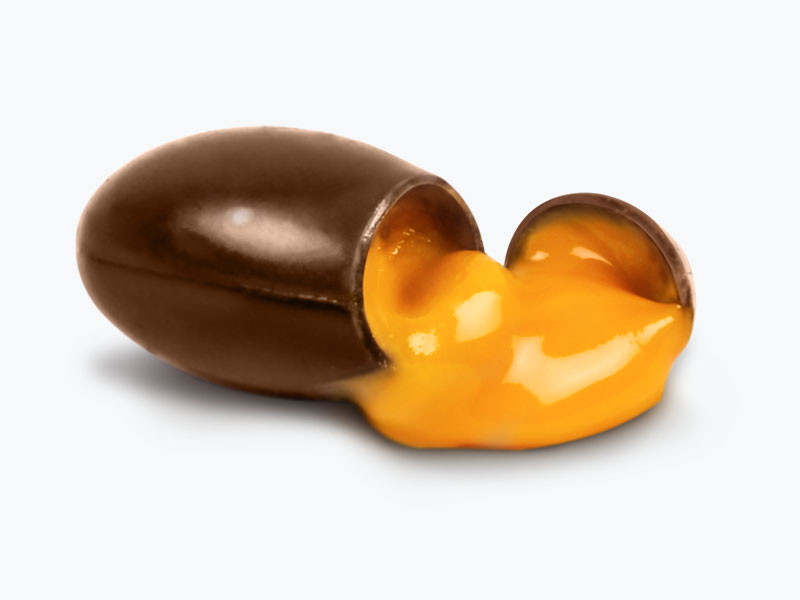
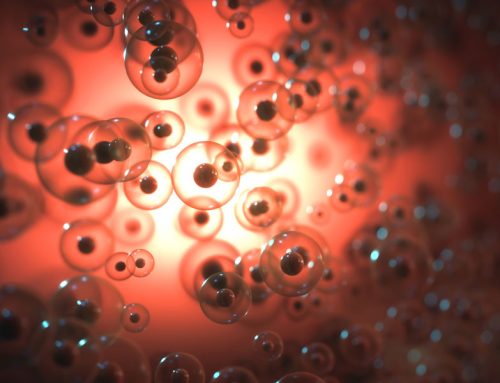
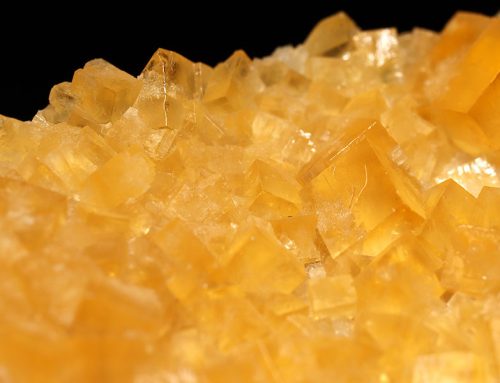
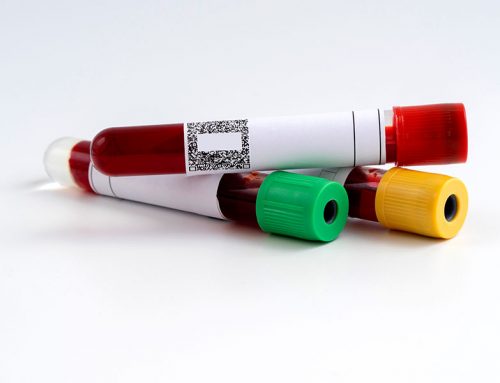
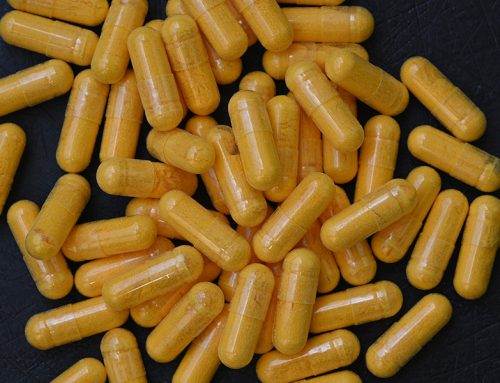
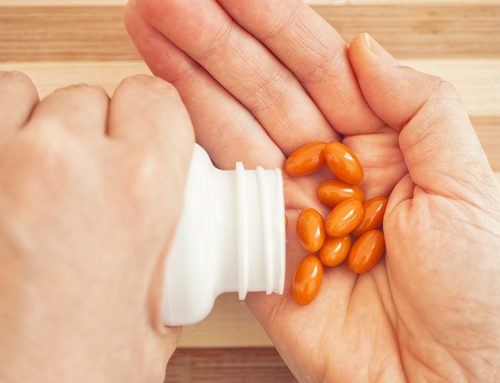

Leave A Comment